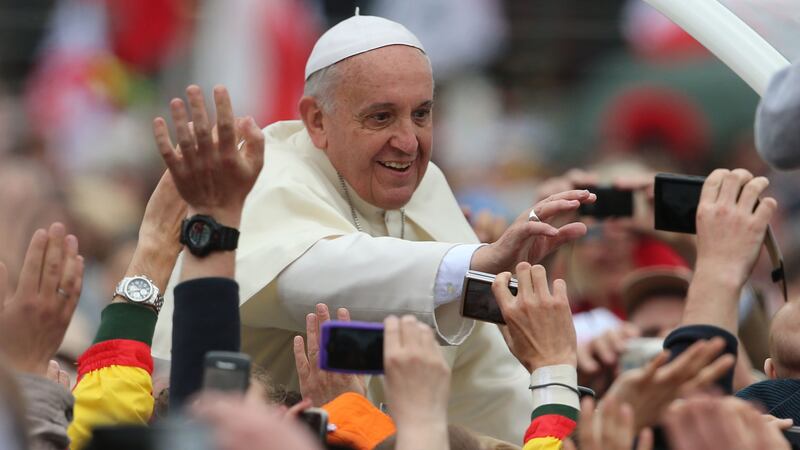I was asked, recently, to do a talk on celibacy and married priests. I didn’t want to offend by saying that I have little interest or tolerance of the subject, so I made some other excuse in turning down the invite.
Then I ran into some of my former colleagues who are still labouring in the vineyard of the Lord and deeper and more empathetic feelings stirred in my heart.
I projected my own self-reflection unto them and experienced a tenderness that went beyond the practical expediencies of life. In my early seventies, I recognise that I don’t have the stamina that I once had. I tire much easier and I need more time to recover from physical and mental effort. I also notice that I am less patient and tolerant than I used to be. I find it much harder to open myself and to stay in sympathy with the anxieties, the suffering and the eccentricities of others. Ageing diminishes more than just the body.
Yet some of these men are being asked to take on more work – two parishes rather than one, more Masses, funerals, baptisms and weddings. More of the significant and heightened moments in peoples’ lives when their own attraction to and appreciation of strong emotions are receding.
I wonder from whence shall come their salvation? Certainly not from themselves. Diocesan clergy are the most compliant group of men that walk the earth. Protest and contrariness are seldom found in the individual and never in the collective. It is ironic that the only clerics who take a vow of obedience to their superiors, Order priests like the Jesuits or the Dominicans, are the ones most likely to kick up a bit of dust now and again.
Parochial priests look judicially to their bishop and theologically to the Pope for their lead and their inspiration.
The present Pope, Francis, is already embroiled in a theological battle with some cardinals and bishops who come close to accusing him of heresy. While he is charismatic and enormously popular and influential within and without the Church, he has the disturbing habit of answering questions with a further question of ‘what do you think yourself?’
When you have become comfortable with being told, it is strangely annoying to be asked.
The Irish Bishops have, justifiably, been accused of retreating into their own diocesan world to await the promptings of the Spirit. That is mostly done by consulting the laity, the people of God, as to how best to manage the shortage of priests. The parameters of the consultation are so restricted that the exercise itself bears little reality to the extent and depth of the problem. It is like re-plastering a house that needs urgent attention to its foundations.
The people who respond and partake in these consultations are likely to be the ‘faithful’, those who have little or no antagonism to the present governance of the Catholic Church. These ‘faithful’ have as much right to speak their thoughts and voice their opinions as much anyone else but they also have to listen and realise that their picking up some of the slack from a shortage of priests will do little to lift the heavy burden and responsibility from my former ageing colleagues. It is like grandparents; great help and support but without the responsibility of being a parent.
What would be interesting would be a consultation with the ‘unfaithful’. To hear the thoughts and encourage the support of those who are not gospel greedy, those who are just hanging in there, including former clerics and former nuns who, in the eyes of many of the clerics and the faithful, have sinned or reneged on their vows. (It is surprising the number of people who don’t know that diocesan priests don’t take vows ). It should especially involve women who feel deeply offended by the misogyny of the Church and homosexuals who have been insulted and marginalised.
Within that forum there would surely be the revelation of the human spirit in this time and in this place. It would likely present the modern anxieties and fears, coupled with the aspirations, the hopes and the courage of the ‘smelly sheep’ as Pope Francis describes us.
Within that cauldron the debate would be fearsome. It would be all over the place and it would throw up the most outlandish and impracticable ideas. But it would also reveal some of the flavour and some of the texture that a renewed Church would need to embrace and manifest.









